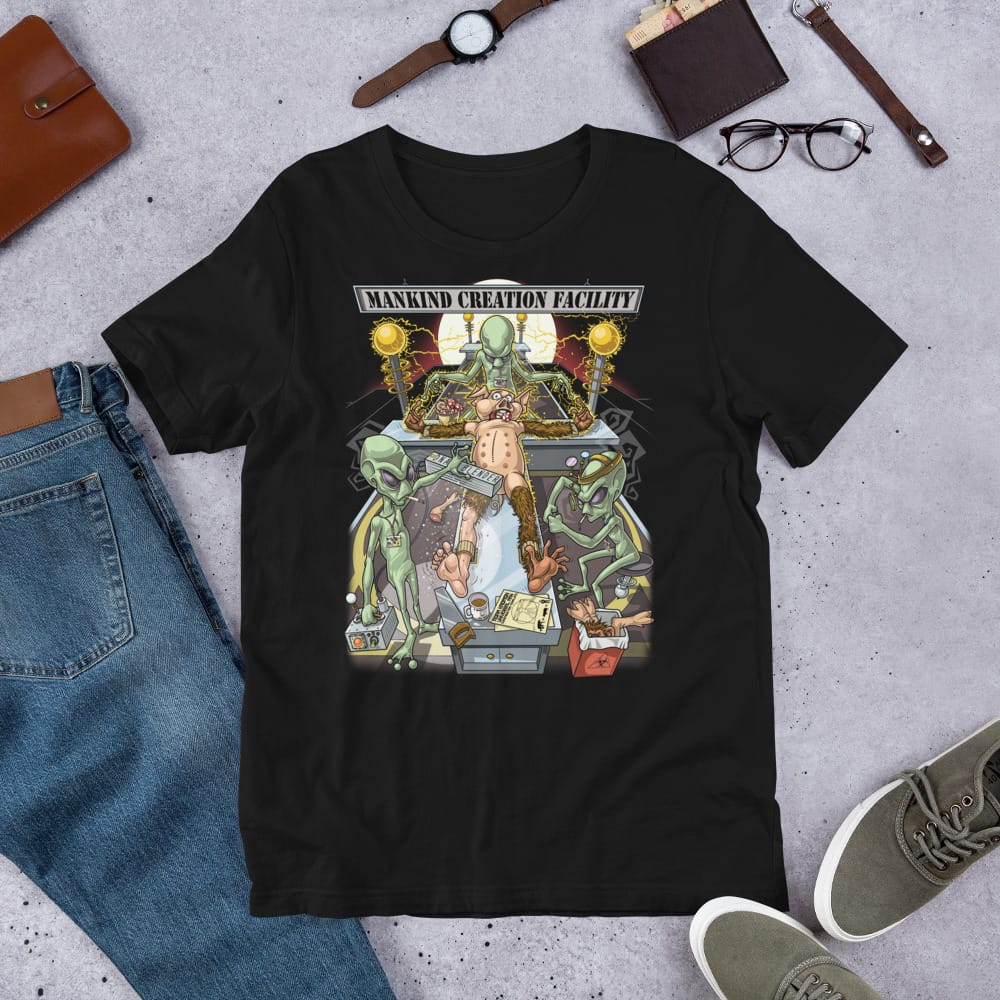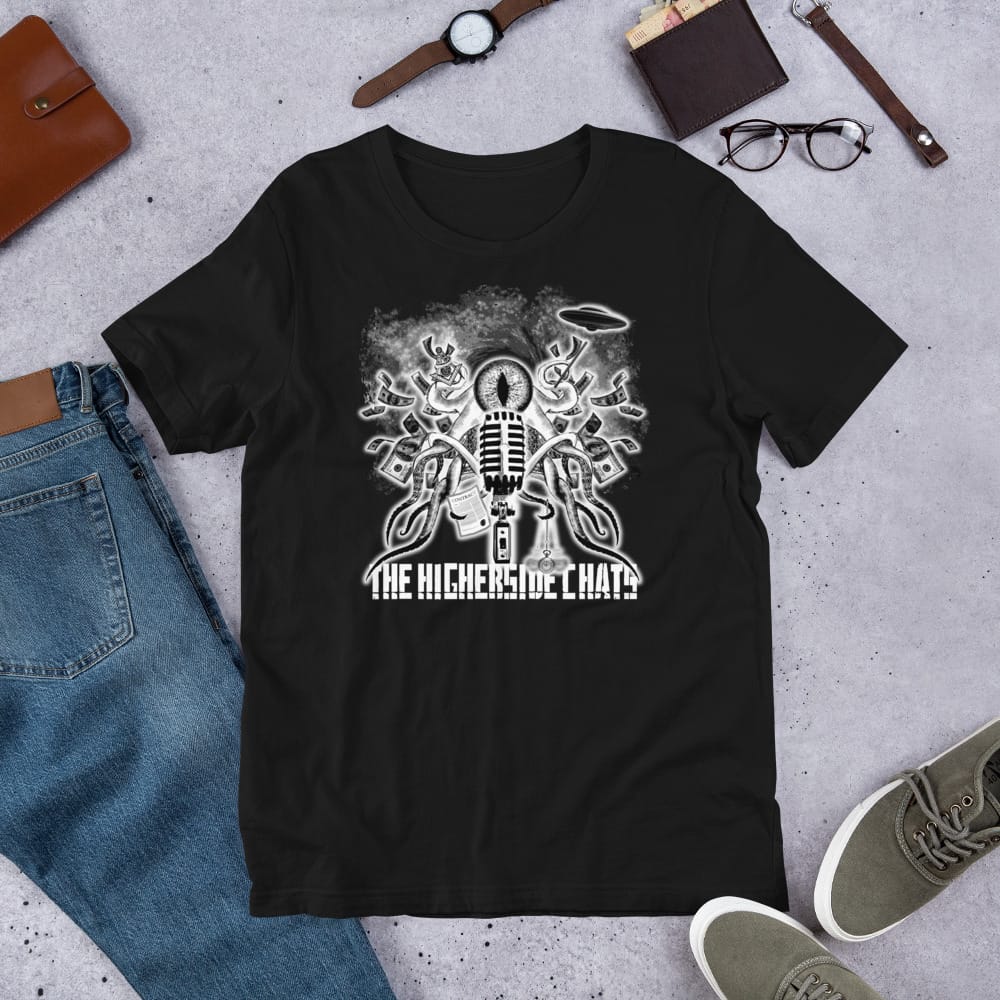Ellen Brown | The Broken Economy & The Public Banking Solution
Really enjoyed listening to this episode. For one, it's paving the discussion of potential solutions to get out of this hyper-capitalistic mess.
Of course, I've been a long supporter of the idea of a national dividend, so it was good to see Ellen's on board with the idea. I'm following Andrew Yang closely, and frankly, I'm stoked to see he's doing so well from grassroots supporters (YangGang).
Although I'm not much of an economist, and even less an expert in finance, I am curious by new forms of currencies and paradigms.
One thing I've pondered some time on was, what would a fairer currency be based on?
Somehow, I never intuitively bought the gold/silver asset thing. After all, what's it worth when everything's crashed? In comparison, Water, food, or even air, would seem like something we all depend upon. And the quality of it could be something to be taken into account. I also thought of a currency based on the Sun (a common denominator in our solar system for an inter-planetary currency perhaps?)
Another one of these latest trend is the carbon-credit currency, a system whereby the market's value would be based on the amount of carbon available on Earth, including how much is being offset by labour and production.
It's an interesting idea, but then again, its premise seems to be based on carbon dioxide being something to reduce, though I could be wrong.
One thing Ellen Brown didn't mention about the national dividend (ND), that I find important, is the pooling of money at the local level (Community). One person/household's ND may not amount to much, but pooled together in a community, an ND could help create a communal fund to serve the community's need (like starting a project, needing interest-free loan to fix the neighbour's house/car, etc.)
It's something that's common in poorer communities, and frankly, saves a lot of people's lives who otherwise would never afford the costs, much less meet the requirements by banks for a loan.
An example I saw from a rural area in Latin America worked the same way, and was able to help pay the medical costs incurred by a villager's wife who had to go the emergency but couldn't afford the bill.
Something like that would make communities less dependent on large financial institutions, bring more flexibility and opportunities for entrepreneurship and communal life, and thereby making the community more resilient and tight-knit.
I do feel the tide is going in this direction.
I see Ellen as just another well-intentioned LibTard promoting the same old Top-Down, Pro-Oligarch, anti-Freedom 'solutions' that have created the Fascistic system we have today.
BTW, Carbon Credits are just another Oligarch scam.
signature
I also enjoyed Ellen Brown and that she’s working so hard to make changes. Regardless of whether her proposed solutions will work, that she’s pushing back is greatly needed. But I don’t hold out much hope for a better system coming out of the current political machine. I think our best bet is along the lines that you mentioned at the community level.
I remember my mother, who was born one hundred years ago in 1919 (so you don’t have to do the math) talking about her different childhood (pre WWII) friends whose parents were European immigrants, the different languages spoken in their homes and how the neighborhoods were segregated by country/culture. She admired the tight knit Jewish community for how "they took care of their own." According to her, they had developed their own kind of banking system and provided informal loans. The penalty for default was that money would never be loaned to that person again. I suspect it also involved some public shaming. I can’t imagine some of today’s immigrants aren’t doing the same thing.
The more I think about it, the more convinced I am that our way out is grassroots organized communities. A community can be a neighborhood, a family, a church, or a tavern. It doesn’t matter as long as the focus is in some way creating independence from and off the radar of Big Brother.
One thing that every one of us can do now is sever ties with the big banks wherever possible. Put your money in a good credit union or small local bank. I’ve always thought that Occupy Wall Street missed a tremendous opportunity by not encouraging the public to move their money. Such a movement would have had a significant impact.
I was assisting a growing mycelium workshop yesterday, and something about how fungi provides the critical infrastructure for nutrients pathways to travel from plants and tree roots stuck with me. It reminded me of a video @rani posted a while ago, about a Canadian scientist who was able to precisely track-down how trees helped their more fragile younglings (using specific carbon-isotopes to track it).
The insight I had was, the soil food web could be an inspiration for a new economic system (or currency) that is modelled after how flora and fauna co-operate and help each other, rather than compete against each other (and both these exist to a certain extent in the natural world, but only the former one thrives, while the other eventually succumbs and dies).
Not to mention, it's a fundementally inclusive economy. In the case of soil, from micro-organisms (bacteria, fungi, yeast) to macro-organisms (insects, worms, animals, humans, environment): all are playing a crucial role for the Whole to thrive, unlike our current economies which only benefit/reward one particular class of species (simplified, but you get my point).
Basic preliminary observation:
- Mother Trees (those big, old ones) seem to act as an important, decentralized nodes of nutrient distribution (food/energy/capital distribution). My guess is, they act like giant, energy bank.
- Fungi are more like pathways that seek food-sources (energy/capital) and breaking them down to smaller components for plants and organisms to eat.
- Various organisms all make their own contributions by processing soil and add-value to it (labour).
Et cetera. What I enjoy about the soil food web, is, everyone, from the micro-to-the-macro, is recognized for their labour, no matter how seemingly small the task.
It's just a stoner thought, and I'm sure there are many applications inspired from this already, but I'd be curious to dig this train-of-thought and study it.
PS: another inspiration for this, a book I read some time ago (never finished it unfortunately), called, the Hidden Life of Trees by Peter Wohlleben.
More about Suzanne Simard's research:
https://www.biohabitats.com/newsletter/fungi/expert-qa-suzanne-simard/
https://www.wltribune.com/opinion/forest-ink-dr-suzanne-simard-pioneers-work-on-tree-communication/
https://www.researchgate.net/publication/38056764_Architecture_of_the_wood-wide_web_Rhizopogon_spp_genets_link_multiple_Douglas-fir_cohorts
Rather genius, me thinks, to look to an eco system for economic answers. I hope you’re pursuing this further. Am looking forward to what you come up with if you do.
- 44 Forums
- 3,714 Topics
- 16.5 K Posts
- 4 Online
- 23.6 K Members







